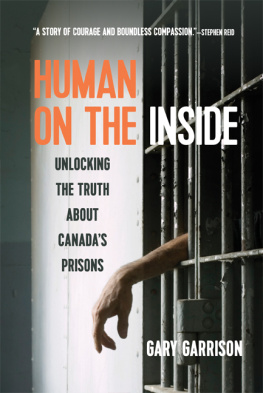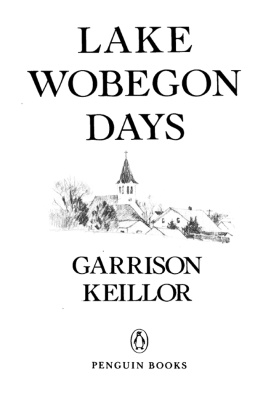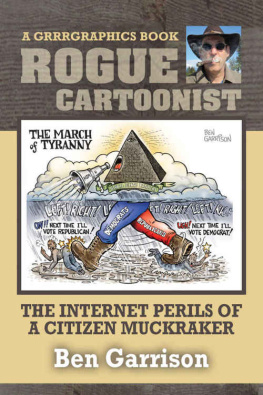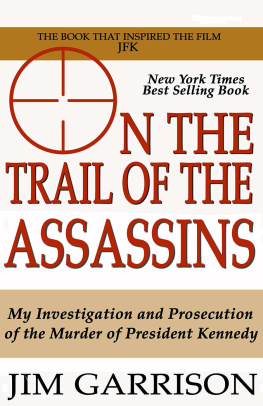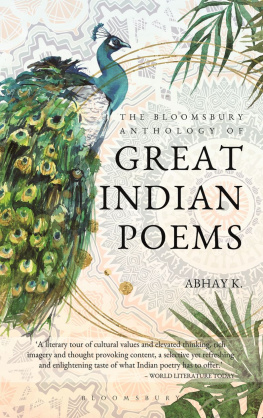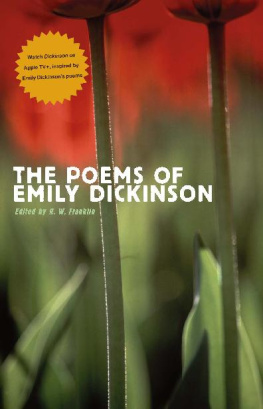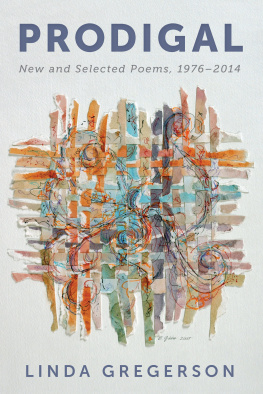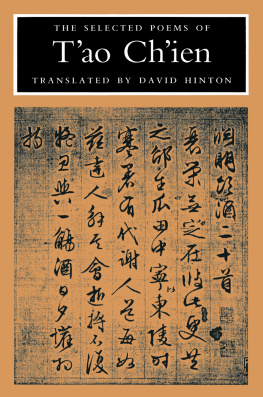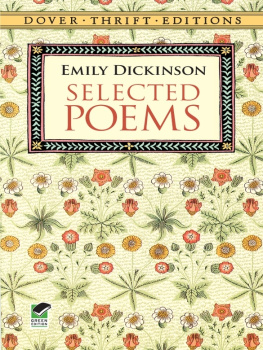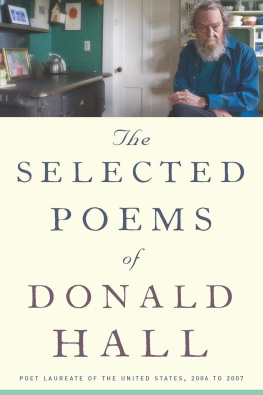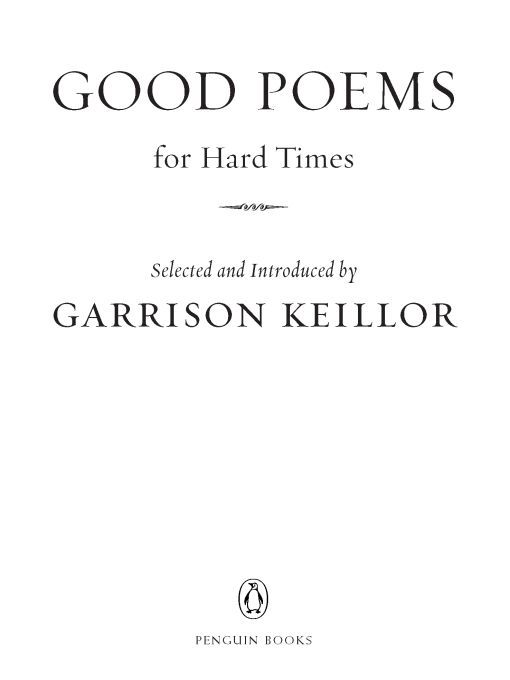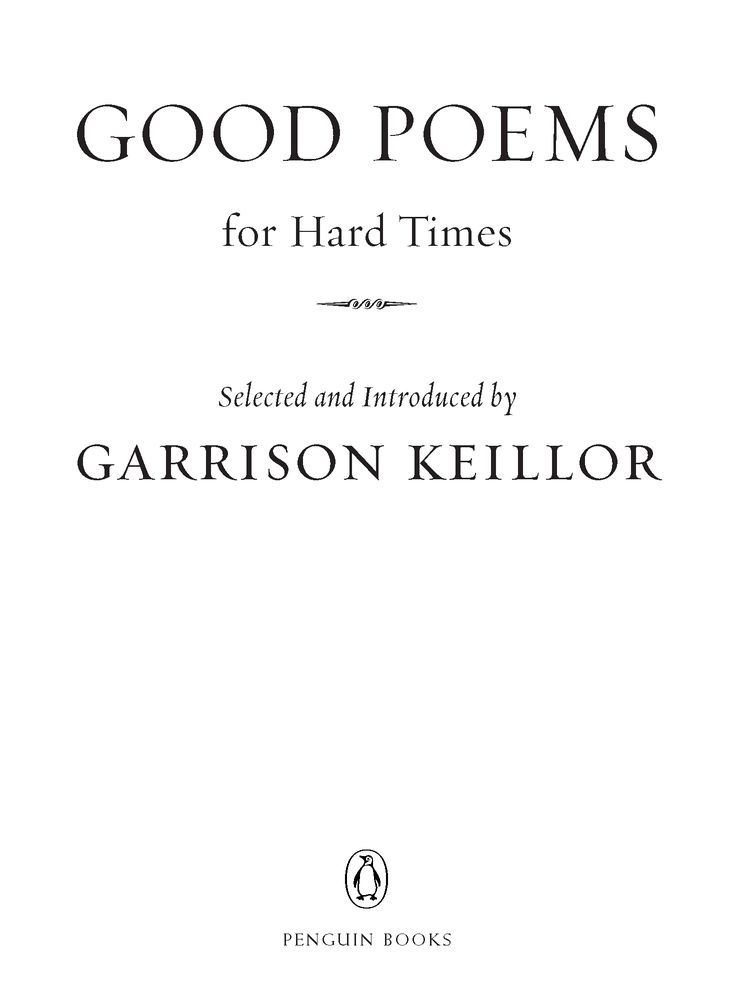Table of Contents
Praise for Good Poems for Hard Times
If I could choose only one book to give every inhabitant of post-Katrina New Orleans, it would be Garrison Keillors remarkable and wide-ranging collection of Good Poems for Hard Times. What a lovely, consoling book, perfect reading for these days when everyone is struggling with something... the 185 poems in this collection do help.
The Times-Picayune (New Orleans)
Irresistible.
The Arizona Republic
[Keillors] taste is excellent.... [H]e knows good poetry.
Booklist
To the English teachers of America,
doing good work every day,
with admiration and affection
from an old student
Introduction
Back when I was your age and had much too much time on my hands, I was ambitious to be a poet and even went so far as to write a few poems and send them away to magazines, double-spaced, with a stamped envelope. The poems were full of passionate obscurity; they veered between whimsy and nihilism; and they sounded like bad translations of, say, a gloomy Swede whod never left Gteborg, and yet, being 21 and confident of my calling, I felt validated by the magazines rejection of them and could have gone on writing the stuff for years and years. What killed my career was encouragement. I wrote a poem called Crucifixion and a friend of mine (himself a poet) wrote me a letter praising it that only made me see how cheap and fraudulent it was and I didnt want to be that kind of fake. I made a simple moral decision: it is probably better to imitate humor than portentous despair. I quit cold turkey. Aside from the occasional limerick for somebodys birthday, Ive been clean ever since.
As a grad student in English, I wrote long, heavily ornamented, semi-intelligible papers about Milton and Yeats and Matthew Arnold whose sheer density amazes me today. (The writer of those papers knew less about life than Einstein knew about the Delta blues.) But my most intense and authentic experience of poetry was stealing the Oxford Anthology of Verse from Daytons department store in downtown Minneapolis when I was 16. It was a lovely big book and I opened it, inhaled the pages, let temptation burgeon and simmer, and since the Daytons sales personnel were occupied with Christmas customers, I stuffed the book under my jacket and walked out on Eighth Street and turned right, toward Hennepin, and thought, You should go to jail for this, and walked along at a good clip, half-expecting a big claw to clamp on to my shoulder. I hid the book in my bedroom and concocted a story about a kind stranger who had given it to me (Here, son. Once when I was your age, a man gave me a book of poems that changed my life, and now I am repeating the favor.), which seemed pretty flimsy, and then I got an inspiration. I gave the book to Dad for Christmas. He was surprised: a rather opulent gift from a kid on a small allowance. Dad was a railway mail clerk and carpenter and his taste in poetry ran toward Longfellow, toward hymns and exhortations to faith and to labor, and it stopped short at the door of modernism. Dad was not a questioner of the faith and he had no time for skeptics and when he saw how much skepticism there was in the Oxford Anthology he abandoned it and it migrated to my room. I lay up there, reading Frost and Cummings and Sandburg and Eliot, stolen pleasures to me now, for which I had risked arrest, prosecution, a year in the reformatory at Red Wing, shame to my family, the end of my hopes of college, the beginning of a lifetime of menial jobs. I had risked all of that, just as the boy in Frosts poem risks life and limb to swing on the birch tree. Just as Adam and Eve ate from the apple in disobedience to Divine instructiona necessary sin, humankind not meant to remain as children in the nursery Garden but meant by God to live real lives.
That was my last theft. (You only need to bite the apple once.) A few years later, I made restitution to the Daytons, a good Presbyterian clan whose beneficence to the community was well known. I came to love that book that I had risked so much for and taken my conscience into my own hands. Poetry is a necessity as simple as the need to be touched and similarly a need that is hard to enunciate. The intense vision and high spirits and moral grandeur are simply needed lest we drift through our days consumed by clothing options and hair styling and whether to have the soup or the salad.
The meaning of poetry is to give courage. A poem is not a puzzle that you the dutiful reader are obliged to solve. It is meant to poke you, get you to buck up, pay attention, rise and shine, look alive, get a grip, get the picture, pull up your socks, wake up and die right. Poets have many motives for writing (to be published on expensive paper, to show up the others in your M.F.A. program, to flaunt your sensitive nature and thereby impress someone who might then go to bed with you, to win valuable prizes and fellowships and maybe a year in Rome or Provence, to have a plausible excuse for making a mess of your life), but what really matters about poetry and what distinguishes poets from, say, fashion models or ad salesmen is the miracle of incantation in rendering the gravity and grace and beauty of the ordinary world and thereby lending courage to strangers. This is a necessary thing. At times life becomes almost impossible, and you curl up under a blanket in a dim room behind drawn shades and you despise your life, which seems mean and purposeless, a hoax and a cheat, your shining chances all wasted, pissed away, nobody can change this or make this better, love is lost, hope gone, nothing left but to pour a glass of gin and listen to weepy music. But it can help to say words. Moaning helps. So does prayer. God hears prayer and restores the souls of the faithful. Walking helps. Many people have pulled themselves up out of the pit by the simple expedient of rising to their feet, leaning slightly forward, and putting one foot ahead of the other. Poems help. In Mrs. Fleischmans eleventh-grade English class, my assignment was to memorize Shakespeares sonnet When in disgrace with fortune and mens eyes, and so I did, and having it in my head for forty years has brought me many moments of clarity, and also Housmans Loveliest of trees the cherry now, and A Blessing by James Wright, and Wild Geese by Mary Oliver (both in Good Poems, the predecessor to this book) and other poems. They dont come to me in moments of hilarity, but often when feeling bereft or drowning in work or even just being late to an appointment, stuck in traffic, ranting at myself, Wrights two Indian ponies have come to me, their eyes full of kindness, Olivers geese have honked, Shakespeares lark at break of day from sullen earth arises, the heart is calmed, the gnashing stops, and one goes on.
America is in hard times these days, the beloved country awash to the scuppers in expensive trash, gripped by persistent jitters, politics even more divorced from reality than usual, the levers of power firmly in the hands of a cadre of Christian pirates and bullies whose cynicism is stunning, especially their perversion of the gospel of the Lord to blast the poor and the meek and subvert the tax system in favor of the rich, while public institutions are put into perpetual fiscal crisis, meanwhile newspapers dwindle in sad decline, journalism is lost in the whirlwind of amusement, and the hairy hand of the censor reaches outwhat mustnt be lost, in this dank time, is the passion of young people for truth and justice and libertythe spirit that has kept the American porch light lit through dark ages of historyand when this spirit is betrayed by the timid and the greedy and the naive, then we must depend on the poets. American poetry is the truest journalism we have. What your life can be, lived bravely and independently, you can discover in poetry.


